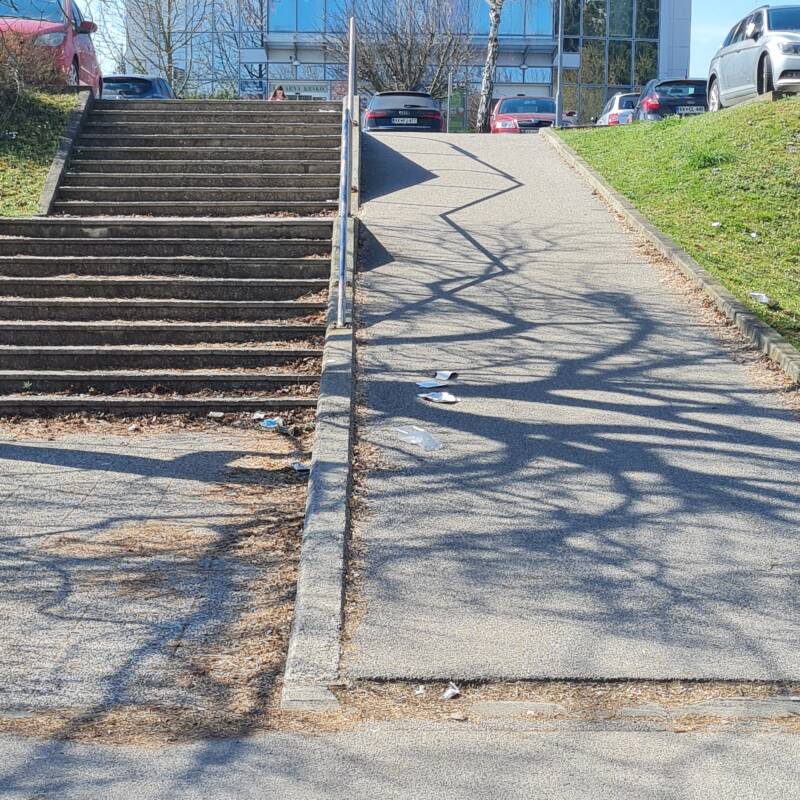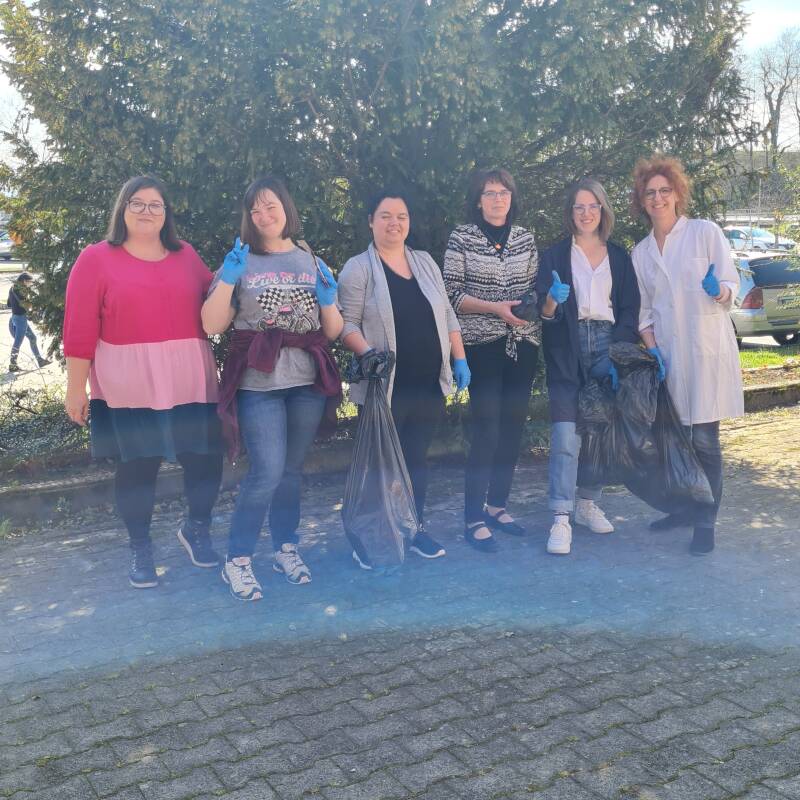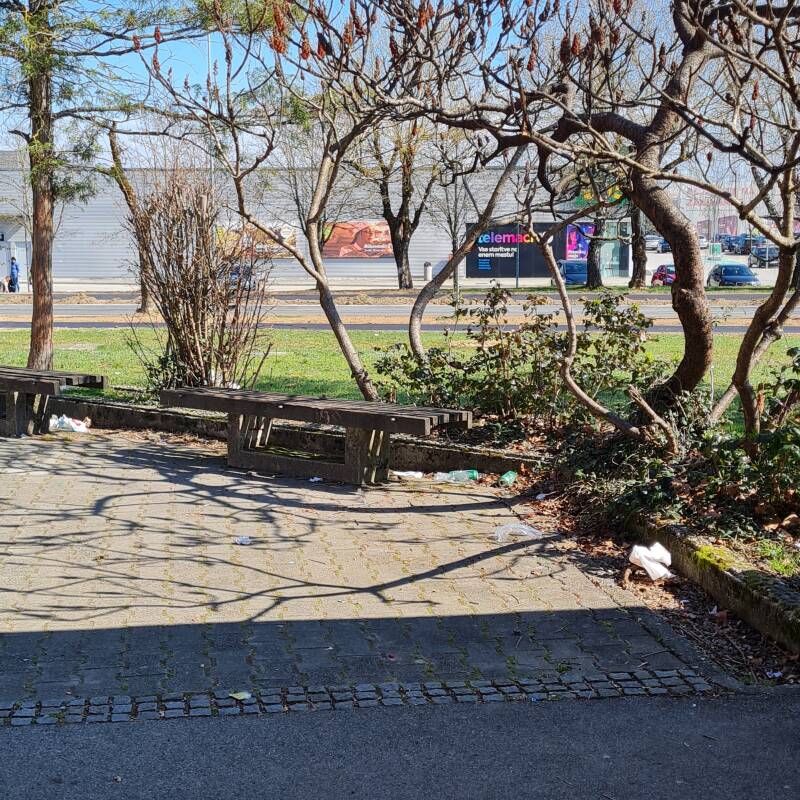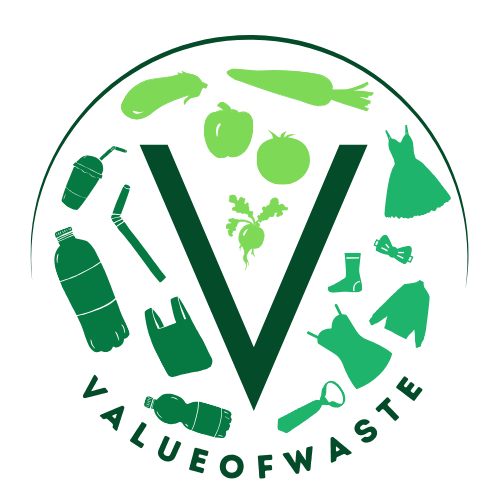
Back to School Without Plastic
As the summer sun fades and the leaves begin to change color, a new season arrives, bringing a fresh start for students and educators alike. With the hustle and bustle of back-to-school preparations, it's easy to overlook the environmental impact of our choices. But what if we could make this transition a little greener, a little more sustainable? Let’s explore some fun and creative ways to eliminate single-use plastic from our school routines!
Plastic in Schools: A Cause for Concern
Schools, with their large populations and diverse activities, generate a significant amount of waste. A major component of this waste is plastic.
The problem with plastic is not just its visual impact on our surroundings. It's the long-term consequences that pose a serious threat to our planet. Plastic pollution harms wildlife, contaminates ecosystems, and disrupts the delicate balance of our environment.
Did you know that over 350 million tons of plastic are produced globally each year, and half is single-use plastic? That’s right – items used for just a few minutes can take hundreds of years to decompose!
Impact
We often see plastic as a convenient and versatile material, but its impact goes far beyond what meets the eye. Let's explore the hidden costs of plastic production and consumption.
The Water Footprint of Plastic
Did you know that making a single plastic bottle can use three times the amount of water it can hold? This massive water consumption puts a strain on our planet's precious water resources, contributing to water scarcity in many regions.
Plastic and Fossil Fuels: A Dirty Partnership
Most plastics are made from fossil fuels like oil and natural gas. Extracting and processing these fuels releases harmful greenhouse gases into the atmosphere, contributing to climate change. Additionally, the energy required to produce plastic is enormous, increasing our reliance on fossil fuels.
The Tiny Threat: Microplastics
Plastic doesn't disappear when it's thrown away. It breaks down into tiny pieces called microplastics. These tiny particles pollute our oceans, rivers, and even the air we breathe. Microplastics are so small that they can be eaten by marine animals, working their way up the food chain and potentially harming human health.
Plastic's Lasting Impact on Our Planet
Plastic is incredibly durable, which means it takes hundreds or even thousands of years to decompose. This long lifespan allows harmful chemicals to leach into the environment for extended periods. Plastic pollution also disrupts ecosystems, harming wildlife that can become entangled or mistake plastic for food.
What can we do?
The production and use of plastic have significant environmental consequences. By understanding the hidden costs, we can make informed choices to reduce plastic consumption and protect our planet for future generations.
By making small changes in our daily habits, we can significantly reduce our plastic footprint and help protect our planet for future generations.



In cooperation with local schools and kindergartens, we transformed plastic waste into functional pieces.
Students and teachers collected plastic bottles, cups and caps, and KNOF created colorful and unique clocks that now can be seen on the walls of the schools. This project not only reduced plastic waste, but also inspired young people about the importance of reducing and recycling plastic waste and the circular economy.
Sharing Tips for a Greener School Year
We believe teachers and students can play a crucial role in reducing plastic waste. By integrating sustainable practices into our school routines, we can foster an environmentally conscious community. Here are some practical and fun tips to help make this school year plastic-free for everyone!
Tips for Teachers
1. Eco-Friendly Classrooms
- Reusable Supplies: Opt for refillable markers and pens instead of disposable ones. Encourage students to bring reusable supplies as well.
- Sustainable Decorations: Decorate your classroom with reusable or recyclable materials. Fabric banners and posters can be reused year after year.
- Recycling Stations: Set up recycling bins in your classroom for paper, plastic, and other recyclables. Teach students how to properly use them.
2. Sustainable Lesson Plans
- Environmental Education: Incorporate lessons about plastic pollution and sustainability into your curriculum. Use documentaries, articles, and hands-on activities to engage students.
- Projects and Challenges: Assign projects that focus on reducing plastic waste, such as creating artwork from recycled materials or organizing a plastic-free week challenge.
- Guest Speakers: Invite environmental activists or experts to talk to your students about the importance of reducing plastic use.
3. Eco-Friendly Events
- Plastic-Free Events: When planning school events, aim to go plastic-free. Use reusable or compostable items for decorations, utensils, and serving ware.
4. Green Team
- Green Team: Start or support a green team at your school. Work with students to brainstorm and implement eco-friendly practices school-wide.
Tips for Students
1. Eco-Friendly Lunches
- Reusable Containers: Swap plastic sandwich bags for reusable containers. Stainless steel or silicone options are great for keeping food fresh.
- Beeswax Wraps: These are fantastic for wrapping sandwiches and snacks. They’re reusable and washable, and they come in fun patterns!
- Reusable Utensils: Carry a set of bamboo or stainless steel utensils instead of using disposable plastic ones.
2. School Supplies
- Pencils Over Pens: Opt for wooden pencils over plastic pens. If you prefer pens, look for refillable options or pens made from recycled plastic.
- Notebooks and Paper: Choose notebooks made from recycled paper. Some brands offer completely plastic-free notebooks, perfect for the eco-conscious student. Instead of plastic notebook covers, consider using fabric or recycled paper covers. You can even personalize them with your designs.
- Backpacks and Pencil Cases: Seek out bags and cases made from sustainable materials like organic cotton, hemp, or recycled materials or check second hand shops or online platforms where you can buy used items.
3. Hydration Stations
- Reusable Water Bottles: Ditch the plastic bottles for a durable, reusable one. Stainless steel or glass options are excellent choices and can be personalized with stickers to make them uniquely yours.
- Water Fountains: You can drink tap water in most Public institutions or use the school’s water fountains to refill your bottle. If your school doesn’t have any, consider campaigning for one!
4. Shopping Smart
- Bulk Buying: Purchase snacks and supplies in bulk to reduce packaging waste. Bring your containers to stores that offer bulk buying options.
- Plastic-Free Stores: Support stores and brands that prioritize plastic-free packaging.
Educational Insights for All
- Environmental Impact: Learn about how plastic pollution affects wildlife and ecosystems. Use visuals and documentaries to make the information more impactful.
- Hands-On Learning: Create art from collected plastic waste, showing how much waste can be generated in just one week.
- Community Clean-Ups: Organize or participate in local clean-up events to help remove plastic waste from parks, beaches, and neighborhoods.



We participated in the clean-up event organized by the Municipality of Krško titled "Vsak en korak za čisto Krško." Our team focused on cleaning around the facilities where our company is located, contributing to a cleaner and greener community.
Answer these questions about your school's efforts to reduce plastic waste:
Get Involved!
Use social media to raise awareness about the benefits of a plastic-free lifestyle. Share your plastic-free school tips and experiences on social media using #PlasticFreeSchool and #VOWchallenge. Let's inspire others to join the movement towards a greener, more sustainable future.
By incorporating these tips and ideas, going back to school can be an opportunity to make a positive impact on our environment. Every small step counts, and together, we can make a big difference. Let’s make this school year not just about learning from books but also about learning to live sustainably!
Happy plastic-free back to school!
Hi everyone! I am Doroteja, working at KNOF as a project manager and ESC coordinator. I am passionate about learning everything I can about plastic in everyday use and finding solutions to reduce its impact on our environment. I will try to share some practical advice on minimizing plastic use and some pieces of information about plastic for the next 4 journals. I hope you will find them informative and be inspired to implement some of the tips at home.
Doroteja
Author

You can't wait to dive into the topic and meet other people involved?
Here are some local events that you can join this month!

How our Clothing Exchanges Work:
1️⃣ Meet with one of our volunteers.
2️⃣ Bring up to five of your nicest unwanted seasonal clothes to donate, or just come along. Please note: *only clothing*! No children's clothing, underwear, socks, etc.
3️⃣ Choose up to five pieces of clothing for free.
You were wondering what else we've been up to? We had some local events.
Last month, Vestigium hosted their monthly clothing exchange. Although the attendance was smaller this month due to the school holiday, the experience of coming together and connecting with like-minded individuals brought joy not only to us but also to our visitors. Thanks for joining and hopefully see you at the next exchange.
Why Do We Organize a Clothing Exchange?
Firstly, it promotes sustainability and reduces waste. By giving your clothes a new life, you contribute to a more eco-friendly lifestyle.
Secondly, it's a fantastic opportunity to refresh your wardrobe without spending anything! Who doesn't love free shopping?
If you aren't a subscriber yet, you enjoyed this journal and want to be notified when we release the next ones: It's not too late!



